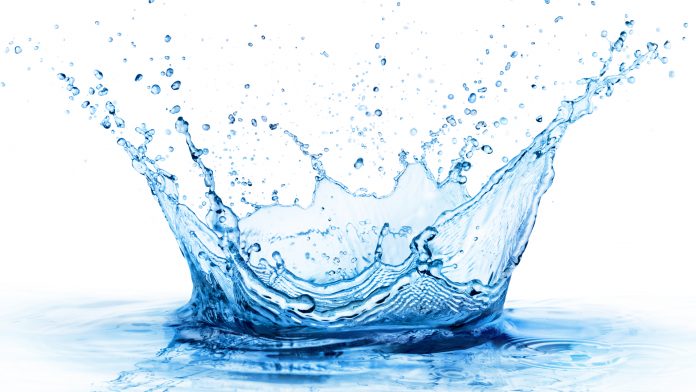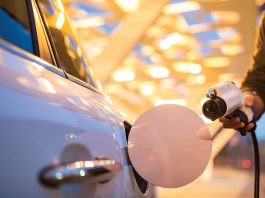Europe’s waste water service providers can help meet the Green Deal’s ambitions, environmental challenges and make our water services fit for the future.
As the European Federation of National Associations of Water Services, EurEau represents national drinking and waste water service providers from 29 countries, from both the private and the public sectors. It brings together water professionals to agree on European water industry positions regarding the management of water quality, resource efficiency and access to water for citizens and businesses.
EurEau wants to see a European future in which there is enough clean water for all uses, where society handles its water with care so that only necessary treatment is carried out, and where drinking and waste water services are professionally and efficiently delivered.
Innovation News Network‘s International Editor, Clifford Holt, spoke to the Co-Chair of EurEau’s Committee on Waste Water, Sarah Gillman, about her expectations for the next Urban Waste Water Treatment Directive (UWWTD), alongside other issues such as climate change and importance of source control being made the key principle for management of the whole water cycle, including wastewater management.
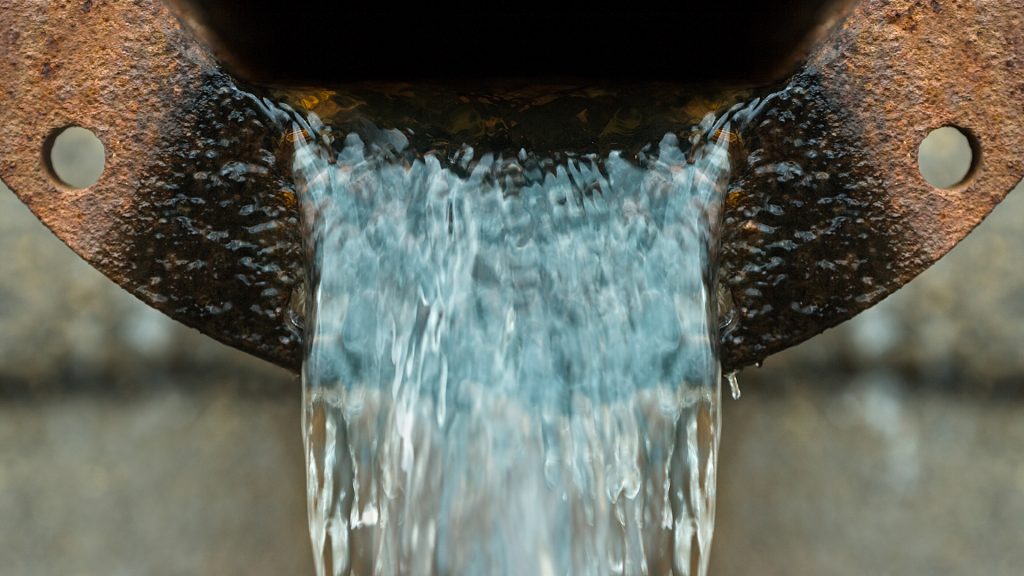
It is far more effective to avoid the marketing of hazardous substances and products in the first place than it is to try to remove them further down the value chain
What would you say have been the biggest changes in the landscape since the original (1991) UWWTD, and how must the Directive now similarly evolve?
Frankly, a lot has changed since the original UWWTD in 1991. 30 years ago, climate change was not high on the global agenda, greenhouse gas emissions to the atmosphere were a lower priority compared to the immediate priority to improve the water environment, and energy for treatment was readily available. So much has changed since then.
We have also seen growing public concern over the environment and a movement for sustainable development. People are more aware of the world around them and want to better protect it. They also want a safer and cleaner environment that they can enjoy.
Loads of biochemical oxygen demand, nitrogen, and phosphorus in treated waste water fell across the EU by 61%, 32%, and 44% respectively between 1990 and 2014, leading to improvements in the quality of the water in our rivers and lakes and some improvements to the seas around Europe.
The UWWTD protects both people and the planet by requiring that waste water is treated before it is returned to our rivers and seas. Across Europe, water service providers are keen to work with policy makers and consumers to make our environment more circular, reusing resources from water to energy. There is a lot of positivity and willingness out there.
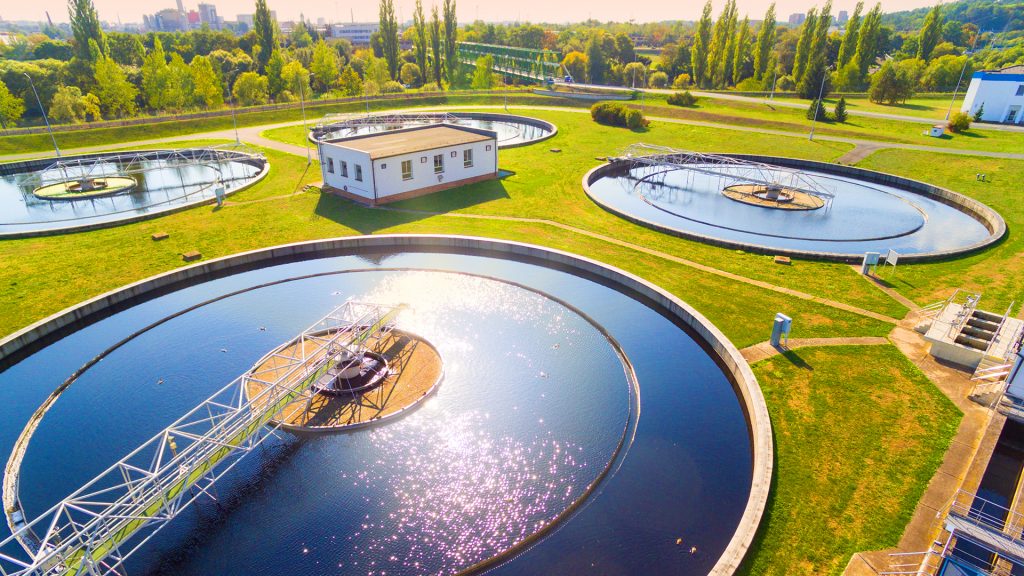
The water sector faces serious consequences as a result of climate change, which affects both our drinking water and waste water activities
The UWWTD must evolve, however. The EU must use this opportunity to:
- Make source control the key principle for management of the whole water cycle, including waste water management;
- Ensure the sustainable financing of waste water utilities by ensuring full cost recovery;
- Promote measures towards climate change adaptation and mitigation;
- Explore the potentials of circular economy options;
- Adopt a holistic approach to micropollutants starting from control-at-source measures and implementing EPR for end-of-pipe measures in hot spots; and
- Explore sustainable solutions to address combined sewer overflows, road-run off and issues regarding independent autonomous treatment systems (IAS).
Many more potential pollutants that were not there, or were an unknown threat 30 years ago, are now on the market. Our water needs to be ‘fit for the future’ by addressing key challenges such as emerging pollutants. If the EU were to implement the Control at Source Principle as it is intended, we would see fewer potential pollutants entering our Waste Water Treatment Plants (WWTP) and therefore not needing to be removed.
This fits in nicely with the EU’s Green Deal and the zero pollution ambition for air, soil, and water. EurEau member associations fully support the Green Deal and its multiple social and environmental ambitions.
Climate change is also something that has become a reality in the intervening years. We can mitigate this, but we need to start today.
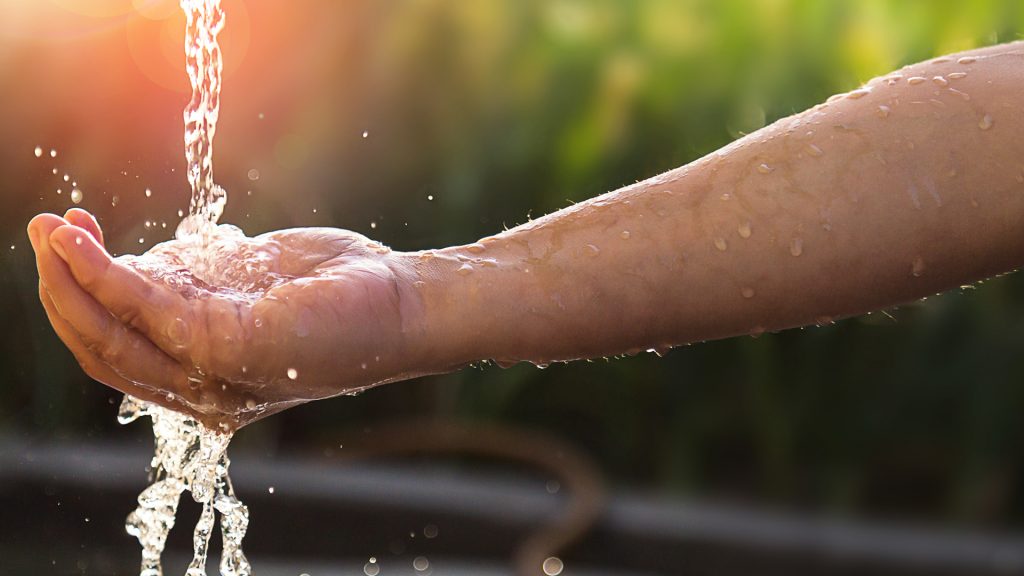
A modernised UWWTD should be a key legal instrument to properly address the UN Sustainable Development Goals (SDG) for the coming decades
Why is it important for source control to be made the key principle for management of the whole water cycle, including wastewater management?
Source control is already provided for in the EU treaties, but it needs to be more actively implemented. We will work with the EU institutions to use source control as a prerequisite to protect public health, promote biodiversity, and protect the aquatic environment. Requiring a source control approach to pollution will allow waste water service providers use less energy by avoiding additional advanced treatments. Source control also leads to safer sewage sludge and treated water fit for the circular economy and maintains access to water at an affordable cost for citizens.
There are multiple pathways of pollutants to the environment, one of which may be WWTPs. It is far more effective to avoid the marketing of hazardous substances and products in the first place than it is to try to remove them further down the value chain. And it is also ethical to make producers responsible for their products.
The circular economy is fundamental for Europe to reduce the growing amount of waste and to reduce its dependence on primary resources. By allowing fewer pollutants into our waste water, the outputs are more likely and more widely useable. We will work with the EU institutions to encourage the use of sludge in agriculture as this can help achieving carbon sequestration, delivering climate targets.
The European zero pollution ambition is key to keeping our water services affordable. We are faced with an ever-increasing number of new chemicals entering the market every day. These adverse chemical compounds are discharged by households, industry, and agriculture and can enter the water system and so must be removed before they can enter the environment. It is simply unsustainable and unaffordable for WWTPs to continuously implement more and more treatment processes to remove these. The UWWTD’s Impact Assessment should assess mechanisms that will enforce the Control at Source Principle.
EurEau would like to see more measures towards climate change adaptation and mitigation. How do you envision this being approached?
We are committed to achieving climate neutrality in line with the European objectives. The water sector faces serious consequences as a result of climate change, which affects both our drinking water and waste water activities. We have more severe droughts and flood events, changes in rainfall patterns, decreases in raw water resource availability for drinking water production and supply, and intermittently increased flow in combined sewers.
On the waste water side, we are acting on GHG emissions by increasing our own renewable energy production, increasing energy efficiency, and reducing emissions of GHG other than CO2, including methane and nitrous oxide (N2O). A lot of work is on-going here to define baselines, develop quantification methods, and develop innovative solutions. We are investigating the carbon embedded in our capital investments, as well as looking at emissions related to operational activity.
The next UWWTD must enable the waste water sector to contribute to climate targets within the Green Deal.
The waste water infrastructure is strongly affected by climate change but not easily adaptable. We support including solutions based on nature and natural processes to help attenuate flows. This requires co-ordination with other stakeholders at urban catchment level. The next UWWTD should explore solutions to promote integrated water management plans, giving water its right place in urban and rural areas, through a multi-stakeholder approach.
How important is the UWWTD with regard to the European Green Deal – and, indeed, the UN’s SDGs? What needs to be included to ensure operators are able to meet associated goals?
A robust future Directive will make significant contributions to a number of the ambitions within the Green Deal, for example by enabling resources from waste water to join the circular economy by co-ordinating with other legislation on water and sludge reuse in agriculture. The energy potential that can be derived from waste water will also help us meet climate and energy goals.
The Green Deal and the 2019 evaluation of the UWWTD identified climate change (mitigation and adaptation) as the challenge for the future, and which will require our sector to have future-proof carbon-neutral energy use. Additionally, the Green Deal demands a zero pollution ambition for a toxic free environment, a circular economy, biodiversity, a fair food system, protection of aquatic ecosystems, and the protection of water resources, all of which require our sector to innovate.
These challenges are strong drivers to change approaches, operational techniques, and governance of water in Europe. Meeting these requires working closely with partners and stakeholders in developing and promoting new approaches and innovative solutions.
The Directive is what we call an ‘end-of-pipe’ directive. And this brings me back to what I said at the beginning: while the UWWTP can remove some pollutants, they cannot solve the overall problem of hazardous substances and products being used by society. Hence, control-at-source must be the starting point to achieve the ambitions of zero pollution in air, soil, and water. Putting the burden on UWWTP may even be detrimental to Green Deal goals as additional waste water treatment steps increase energy and resource use and hinder circular economy efforts.
A modernised UWWTD should be a key legal instrument to properly address the UN Sustainable Development Goals (SDG) for the coming decades. In 2010, the UN acknowledged the Human Right to Water and Sanitation and has also set SDG6, which aims to provide access to clean water and sanitation to all by 2030. We fully support the definition of the human right to sanitation by the UN which encompasses five dimensions: availability, accessibility, affordability, acceptability, and safety. The revised UWWTD should include legal provisions to enshrine this international right into European law.
How would you like to see the policy landscape evolve so as to assure coherency at the European level?
We need a robust UWWTD that meets our needs now and in the future. This means meeting the challenges that have emerged in the last 30 years, but also being flexible enough to meet the challenges that can come to the fore in the next 30. We also need to consider the varying starting points that Member States are at across Europe. Our water infrastructure lasts for a long time and is not easily adaptable, so we need to work with local, national, and EU policy makers to ensure all needs are met.
As the European Commission is reviewing or evaluating a few other key pieces of water legislation – the Industrial Emission Directive (IED), the Sewage Sludge Directive (SSD), and the Bathing Water Directive (BWD) – at the moment, it is an ideal time to synchronise them and maximise their potential.
Each of these humble directives has the potential to revolutionise environmental protection and foster circular economy. At present, the different directives work in parallel, almost starting where the other stops. These drive how pollutants are treated as they come into contact with our waste water. The Commission has the opportunity to ensure they synchronise them.
The IED aims to achieve a high level of protection of human health and the environment by reducing harmful industrial emissions. If this is achieved and there is greater control over the industrial discharges to sewers, this subsequently helps ensure that waste water sludges are of a quality that can be safely reused for many purposes.
Innovation is key. As the world around us changes and expects better solutions to keep our economy circular, we rely on a strong and well-resourced innovation and R&D economy to meet the expectations raised by consumers and environmental needs.
All future changes have to be affordable. We have to balance the cost consumers pay for their water services with the costs of keeping our water safe. We should be open to alternative financing and we support the implementation of Extended Producer Responsibility (EPR) in the field of waste water.
What role will EurEau continue to play moving forwards?
EurEau represents European national associations of water services. We have 34 members in 29 countries, representing drinking and waste water, from the public and private sectors. We count around 170 water experts among our members who contribute their experience and expertise to improving EU policies that benefit consumers and the environment.
The UWWTD is the foundation stone on which the European waste water services stand, defining the baseline requirements for sewage collection and treatment systems.
It is an effective and efficient legal instrument which has been widely implemented, although we acknowledge that greater compliance is possible. The simplicity and straight-forward approach of the UWWTD have both contributed to its success.
We will work with the EU institutions to ensure that the next UWWTD is fit for purpose and fit for future. The decisions taken during 2021 will form the new UWWTD and the agenda for waste water for the next decades. We need to act now to make good choices which will stand the test of time. Doing this will keep our water services affordable and our environment protected.
About EurEau
EurEau represents 34 drinking water and waste water operators from 29 countries across Europe, from both the private and the public sectors.
Our members are 34 national associations of water services. At EurEau, we bring national water professionals together to agree European water sector positions regarding the management of water quality, resource efficiency and access to water for Europe’s citizens and businesses. The EurEau secretariat is based in Brussels.
With a direct employment of around 476,000 people, the European water sector makes a significant contribution to the European economy.
Sarah Gillman
Co-Chair, Committee on Waste Water
EurEau
info@eureau.org
Tweet @eureau
www.eureau.org
Please note, this article will also appear in the sixth edition of our quarterly publication.

